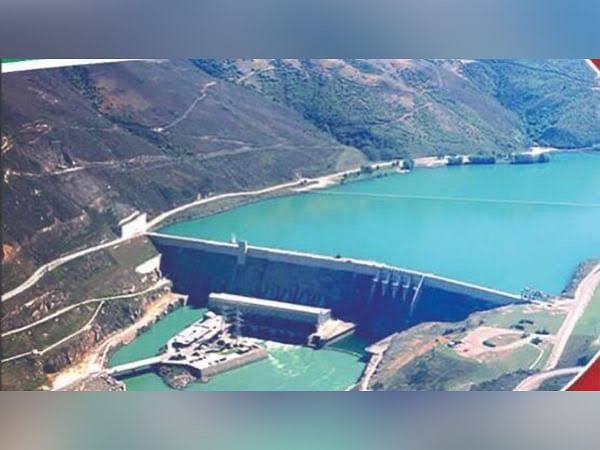Controversy over Diamer-Bhasha Dam On Indus, Pakistan

Heavy monsoon rains tapered two weeks ago in climate catastrophe-hit Pakistan, but floodwater from melting glaciers and earlier rains continue to break through canals, barrages and dams, wreaking havoc in the country. Last week, 35 people including 15 children died from such floodwater breaches, pushing the calamity’s total death toll to exceed 1,400.
Pakistan is witnessing one of the worst floods in its history is also caught in a storm of controversies and scandal surrounding the Diamer-Bhasha Dam on the Indus river.
Pakistanis donated USD 40 million to build the dam, while their government spent USD 63 million on its ads. According to Pakistan’s Parliamentary Affairs Committee (PAC), Rs 9 billion or USD 40 million was raised for the dam’s construction, but Rs 14 billion or USD 63 million was spent on advertising it.
Pakistan’s government has summoned the now-retired judge to parliament after he claimed that advertising for a proposed crowd-funded dam far exceeded the amount raised for it .
The Diamer-Bhasha Dam on the Indus River was originally proposed in the early 1980s, but a host of factors, including its location, environmental impact and costs, had stymied efforts to build it.
In July of 2018, Saqib Nisar, the newly appointed chief justice of the Supreme Court at the time, made the construction of the dam, which would cost a whopping USD 14 billion, a central focus of his judicial activism efforts.
He set up a fund for collecting donations and claimed that ordinary Pakistanis would provide the billions of dollars needed for its construction.
At first, a large swathe of influential Pakistanis signed up. The army gave up a portion of soldiers’ salaries to provide Rs 1 billion, and other state employees also had contributions deducted from their salaries.
The country’s cricket team and top musicians also contributed, and the then Prime Minister Imran Khan assumed joint leadership of the fund.
Emboldened by the response, the fund also began to influence other rulings by Nisar, who at one point hinted that he would try critics of the dam fund for treason, said Naqvi.
Nisar’s entire campaign was a shock to the political system. Rafay Alam, an environmental lawyer, noted that there was no precedent for a sitting chief justice to embark on a public fundraising campaign as “ludicrous” as the dam fund.
Khurram Husain, an economics journalist and editor of Profit magazine, said that “Nisar was able to make the dam fund into an influential exercise mainly by linking other cases he was hearing to it.”
He recounted how, when a government appointment was challenged in courts, the defendant told a bench including Nisar that his “client has donated all his salary to the dam fund, which pleased his Lordship much”, and that appointment was upheld by the court.
Stunningly, a now-retired Saqib Nisar announced that the purpose of the fundraising was not to actually build the dams but to raise awareness.
These claims are now being made by the PAC, which has summoned Nisar to explain himself. Soon after these events, many erstwhile supporters of the dam fund expressed their regrets online after it became clear that the dam was nowhere near being built.




